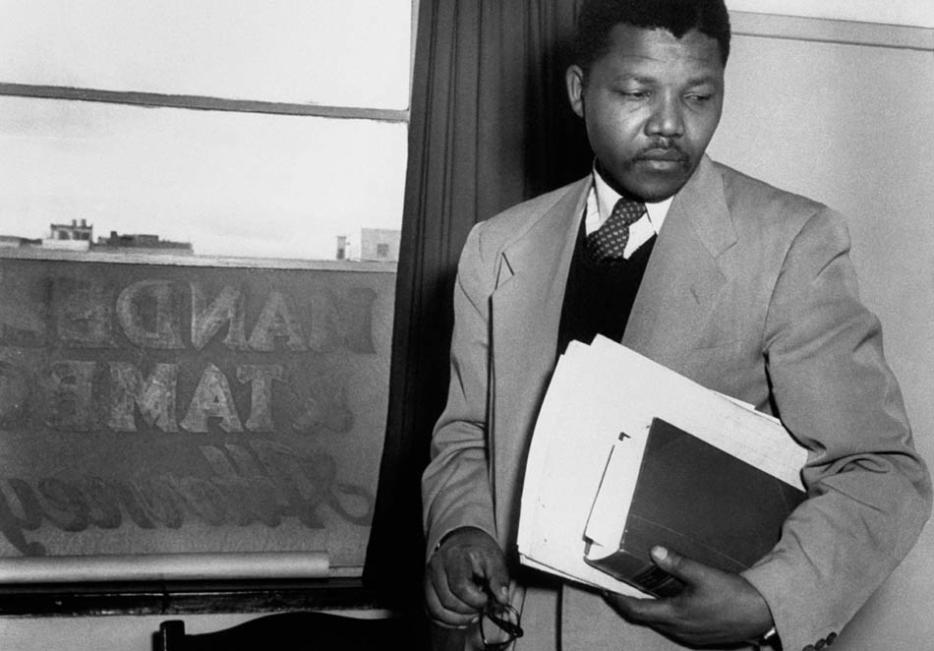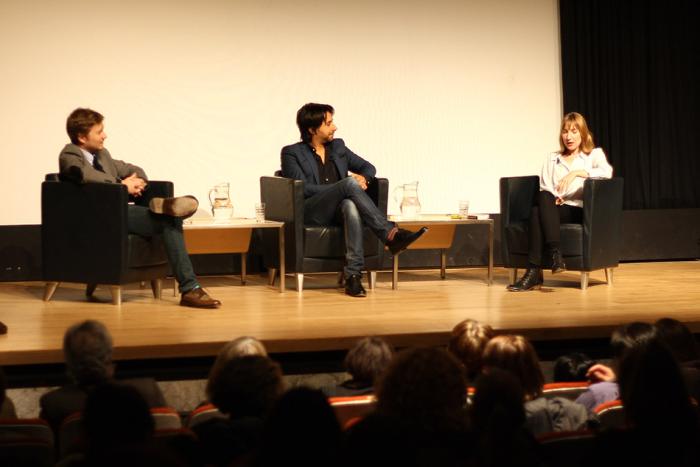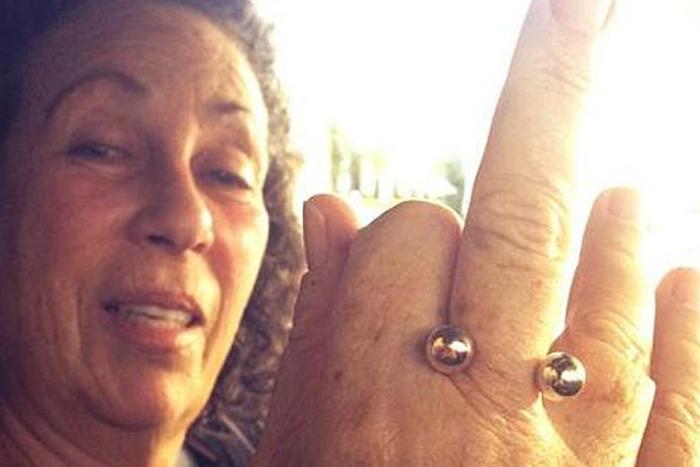16.10.98
The Presidential Years.
Men and women, all over the world, right down the centuries, come and go.
Some leave nothing behind, not even their names. It would seem that they never existed at all.
Other do leave something behind: the haunting memory of the evil deeds they committed against other people; gross violation[s] of human rights, not only limited to oppression and exploitation of ethnic minorities or vice versa, but who even resort to genocide in order to maintain their horrendous policies.
The moral decay of some communities in various parts of the world reveals itself among others in the use of the name of God to justify the maintenance of actions which are condemned by the entire world as crimes against humanity.
Among the multitude of those who have throughout history committed themselves to the struggle for justice in all its implications, are some of those who have commanded invincible liberation armies who waged stirring operations and sacrificed enormously in order to free their people from the yoke of oppression, to better their lives by creating jobs, building houses, schools, hospitals, introducing electricity, and bringing clean and healthy water to people especially in the rural areas. Their aim was to remove the gap between the rich and the poor, the educated and uneducated, the healthy and those afflicted by preventable diseases.
One issue that deeply worried me in prison was the false image that I unwittingly projected to the outside world; of being regarded as a saint. I never was one, even on the basis of an earthly definition of a saint as a sinner who keeps on trying.
Indeed, when reactionary regimes were ultimately toppled, the liberators tried to the best of their ability and within the limits of their resources to carry out these noble objectives and to introduce clean government free of all forms of corruption. Almost every member of the oppressed group was full of hope that their cherished dreams would at least be realised, that they would in due course regain the human dignity denied to them for decades and even centuries.
But history never stops to play tricks even with seasoned and world famous freedom fighters. Frequently erstwhile revolutionaries have easily succumbed to greed, and the tendency to divert public resources for personal enrichment ultimately overwhelmed by them. By amassing vast personal wealth, and by betraying the noble objectives which made them famous, they virtually deserted the masses of the people and joined the former oppressors, who enriched themselves by mercilessly robbing the poorest of the poor.
There is universal respect and even admiration for those who are humble and simple by nature, and who have absolute confidence in all human beings irrespective of their social status. These are men and women, known and unknown, who have declared total war against all forms of gross violation of human rights wherever in the world such excesses occur.
They are generally optimistic, believing that, in every community in the world, there are good men and women who believe in peace as the most powerful weapon in the search for lasting solutions. The actual situation on the ground may justify the use of violence which even good men and women may find it difficult to avoid. But even in such cases the use of force would be an exceptional measure whose primary aim is to create the necessary environment for peaceful solutions. It is such good men and women who are the hope of the world. Their efforts and achievements are recognised beyond the grave, even far and beyond the borders of their countries, they become immortal.
My general impression, after reading several autobiographies, is that an autobiography is not merely a catalogue of events and experiences in which a person has been involved, but that it also serves as some blueprint on which others may well model their own lives.
This book has no such pretentions as it has nothing to leave behind. As a young man I … combined all the weaknesses, errors and indiscretions of a country boy, whose range of vision and experience was influenced mainly by events in the area in which I grew up and the colleges to which I was sent. I relied on arrogance in order to hide my weaknesses. As an adult my comrades raised me and other fellow prisoners, with some significant exceptions, from obscurity to either a bogey or enigma, although the aura of being one of the world’s longest serving prisoners never totally evaporated.
One issue that deeply worried me in prison was the false image that I unwittingly projected to the outside world; of being regarded as a saint. I never was one, even on the basis of an earthly definition of a saint as a sinner who keeps on trying.
Excerpted from Conversations with Myself by Nelson Mandela. Copyright © 2010 by Nelson R. Mandela and The Nelson Mandela Foundation. First hardcover edition published October 2010 by Farrar, Straus and Giroux. First paperback published October 2011 by Picador. Reprinted by permission of The Nelson Mandela Foundation, Farrar, Straus and Giroux, and Picador. All rights reserved.





